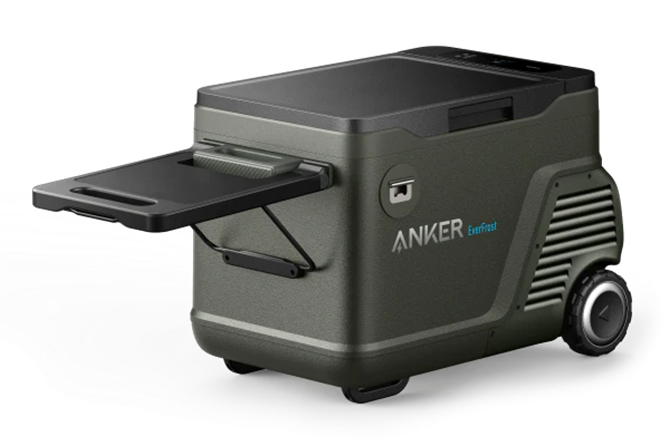
Thanks to an Unruly Cat, the Tennessee Court of Appeals Reaffirms the Sutton Rule
Overview | Blog Posts | Subrogation & Recovery | Scott Hefner | Related | Print | Share
July 5, 2023
A recent ruling by the Tennessee Court of Appeals in Patton v. Pearson1 upheld the ‘Sutton Rule’ in a subrogation action following a house fire at a rental property. The court’s decision emphasizes the crucial role of lease agreement wording in determining whether a landlord’s insurer may subrogate against a tenant.
This case stemmed from a fire that occurred in 2019 at a rental home in Nashville, owned by landlords John and Melody Patton and rented by tenant Anita Pearson. The fire started when the tenant’s foster cat was playing with a ribbon near a candle.
While the landlord and tenant each had fire insurance for their respective interests – the tenant for her personal property and the landlord for the premises – the aftermath of the fire ignited a legal dispute between the parties. The fire damage to the home was covered by the landlord’s insurance policy. However, the landlord sued the tenant seeking $150,000 in damages.
During discovery, the tenant sought information related to the landlord’s insurance coverage for the property. The landlord objected to providing the information on the theory that the collateral source rule applied and the insurance information was inadmissible. The trial court ultimately compelled the landlord to respond and provide the requested insurance information.
Based on the landlord’s responses to this discovery, the tenant learned that the lawsuit was in fact a subrogation action brought by the landlord’s insurer in the Pattons’ names. The tenant then moved for summary judgment based on the Sutton Rule arguing that she was an implied co-insured under the landlord’s policy against whom the insurer could not bring a subrogation action. The trial court agreed with the tenant and dismissed the landlord’s claims. The landlord appealed.
On appeal, the case turned on the question of when a tenant is considered an implied co-insured on a landlord’s insurance policy. Three different approaches are used by various jurisdictions to address this issue. The first approach allows the insurance carrier to sue a tenant unless the lease expressly states otherwise. The second approach determines the issue on a case-by-case basis. The third approach–the Sutton Rule–presumes the tenant to be a co-insured under the landlord’s insurance policy unless explicitly stated otherwise in the lease. Tennessee adopted this third approach, the Sutton Rule.
The court concluded that the lease was silent regarding which party should obtain fire insurance for the premises and whether the tenant was not to be considered a co-insured party under the landlord’s policy. Because the lease was silent on these points, the court held that the Sutton Rule applied, making the tenant an implied co-insured party under the policy, and prohibiting the landlord’s claims. This decision upheld well-settled Tennessee law that in the absence of an explicit agreement, tenants are presumed co-insureds, thereby shielding them from subrogation actions.
The Court also addressed the landlord’s argument that the collateral source rule prohibited the trial court from considering information related to insurance. The Court determined that the landlord’s argument was a misuse of the collateral source rule. The Court emphasized that while insurance should be concealed where its presence is not legally relevant, in this case, insurance information was relevant because it was a subrogation action. As such, the Court concluded that the collateral source rule did not apply in this situation because it would essentially nullify the Sutton Rule.
Because the Sutton Rule is a default rule, subrogation professionals working in Tennessee will need to carefully review the lease agreement to determine if it expressly permits subrogation by the landlord’s insurer or expressly states that the tenant is not an implied co-insured under the landlord’s policy. Absent such express language, the recovery potential will be minimal even if liability is clear.
For any further questions, please contact Scott Hefner.
1 Patton v. Pearson, M2022-00708-COA-R3-CV, 2023 WL 3815062, at *1 (Tenn. Ct. App. June 5, 2023)



